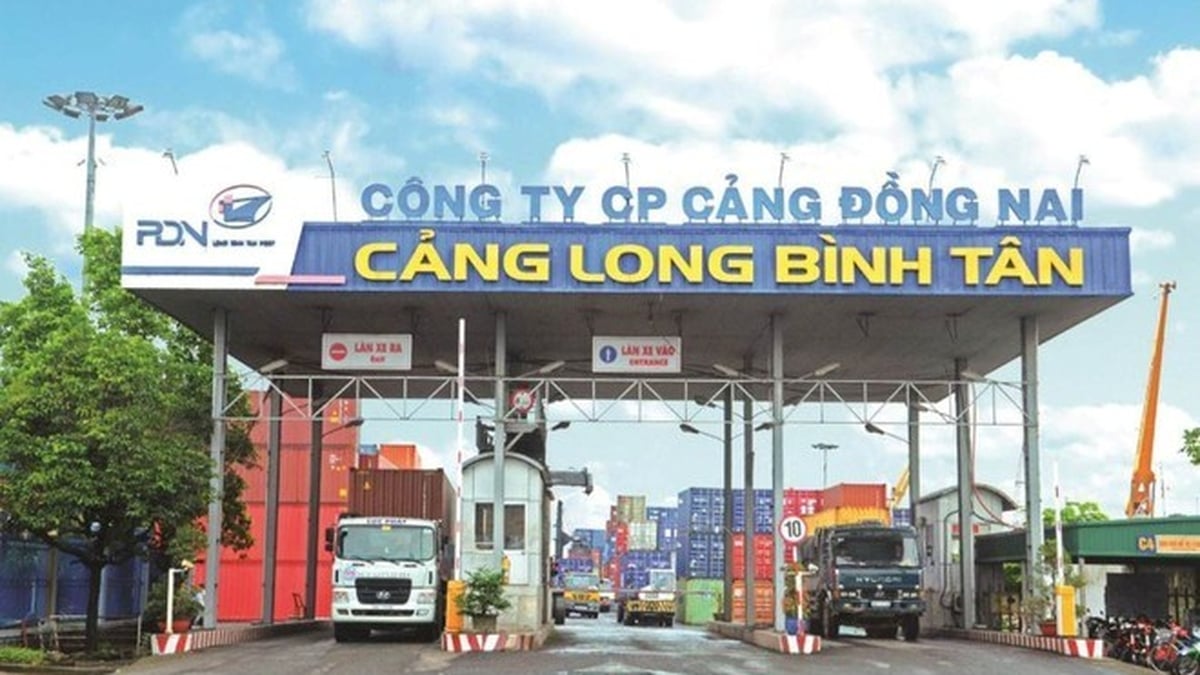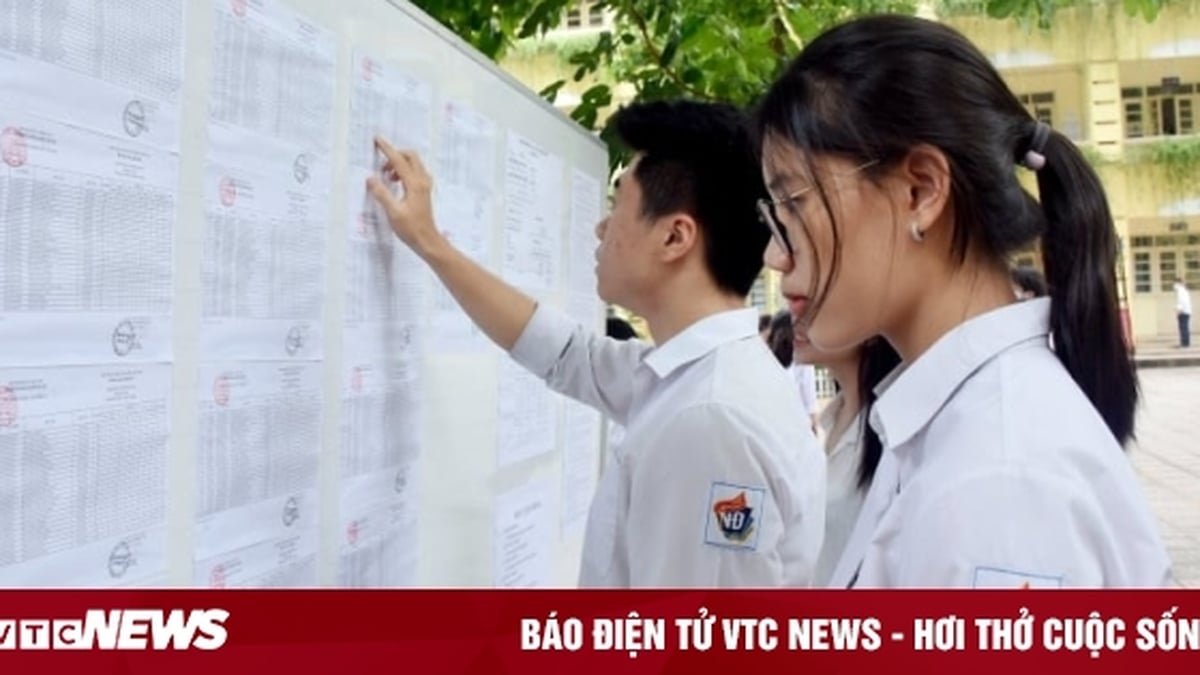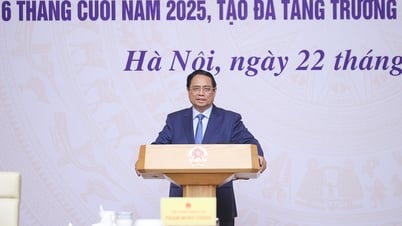Deputy Prime Minister Nguyen Hoa Binh has just signed a decision to promulgate a plan to implement the Law on Cadres and Civil Servants in 2025.
The objective of the plan is to specifically define the work content, progress, completion deadline, assignment and responsibility of relevant agencies and organizations in organizing the implementation of the Law on Cadres and Civil Servants to ensure timeliness, comprehensiveness, unity, synchronization, effectiveness and efficiency.
At the same time, the plan establishes a close coordination mechanism between ministries, ministerial-level agencies, government agencies, and People's Committees of provinces and centrally run cities in implementing activities to implement the Law on Cadres and Civil Servants nationwide.
This creates a complete, unified, and synchronous legal basis for the management of cadres and civil servants in a dynamic, transparent, and effective manner, meeting the requirements of the tasks in order to build a team of professional cadres and civil servants, serving well the cause of socio -economic development and the needs of people and businesses.
The plan also aims to raise awareness and responsibility of all levels, sectors and people in implementing and enforcing the Law on Cadres and Civil Servants and documents detailing a number of articles of the law.
The contents of the plan include: Organizing propaganda and dissemination of the Law on Cadres and Civil Servants; organizing conferences to disseminate and provide in-depth training on the Law on Cadres and Civil Servants; reviewing legal documents; developing and promulgating documents detailing and guiding the implementation of the Law on Cadres and Civil Servants.
Along with that, it is necessary to focus on synchronously and effectively implementing the creation, collection, updating, and synchronization of data into the national database of cadres and civil servants; implementing the arrangement of jobs and ranks corresponding to job positions and organizing the inspection of the implementation of laws and legal documents detailing and guiding the implementation.
In particular, the Deputy Prime Minister assigned the Ministry of Home Affairs to preside over the drafting, submission for promulgation or promulgate under its authority legal documents such as: Decree regulating the assessment and classification of civil servant quality (to be completed before January 1, 2026); Decree regulating civil servant job positions (to be completed in 2026); Decree regulating standards for titles of leading and managing civil servants in state administrative agencies (to be completed before December 31, 2025)...
Agencies, organizations and units continue to review, upgrade and adjust information systems and databases to meet the requirements of updating, using and exploiting data according to regulations; regularly create, update, approve and synchronize data of cadres and civil servants under their management to synchronize with the national database on cadres and civil servants according to regulations.
Ministers, heads of ministerial-level agencies, heads of organizations established by the Government or the Prime Minister that are not public service units, and chairmen of provincial and centrally-run city People's Committees shall direct heads of agencies and organizations under their management to complete the arrangement of positions and ranks corresponding to job positions for civil servants under their management who were recruited before the effective date of the Law on Cadres and Civil Servants 2025.
The People's Committee at the commune level is responsible for arranging jobs and assigning corresponding ranks to commune-level civil servants recruited before the effective date of the Law on Cadres and Civil Servants 2025 if they meet the standards and conditions on training level of the job position.
These must be implemented by July 1, 2027.
| The Law on Cadres and Civil Servants 2025 takes effect from July 1. This law clearly demonstrates innovative thinking when unifying the civil service regime from the central to the communal level; strongly shifting to managing civil servants according to job positions; innovating the evaluation and recruitment mechanism; expanding policies to attract and reward talents and high-quality human resources in the public sector... |
Source: https://baohaiphongplus.vn/cong-chuc-duoc-tra-luong-theo-vi-tri-viec-lam-truoc-ngay-1-7-2027-417003.html





































































































Comment (0)